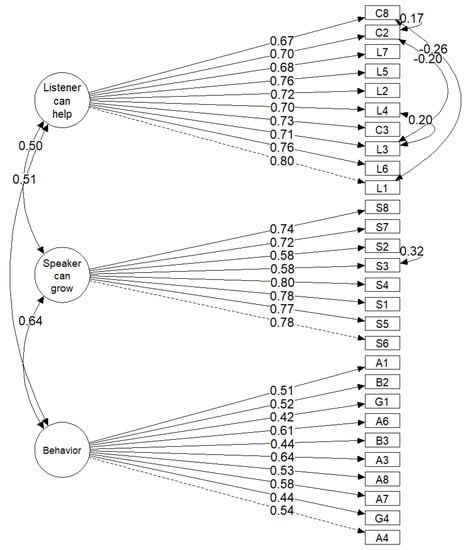The Social Influence of Emotions on Sustainability
A topical collection in Sustainability (ISSN 2071-1050). This collection belongs to the section "Psychology of Sustainability and Sustainable Development".
Viewed by 7079Editor
Topical Collection Information
Dear Colleagues,
Emotions carry significant social influence and impact (e.g., van Kleef, Homan and Cheshin, 2012; van Kleef, van Doorn, Heerdink and Koning, 2011). In this Collection, we would like to focus on how emotional displays impact issues related to sustainability. The goal is to harness the social impact of emotions on sustainability issues in the broadest sense, relating to environmental, economic and social aspects. We see sustainability as the actions and abilities that help society flourish, endure and enhance wellbeing for all, while coexisting without causing harm to nature or exploiting resources (whether physical or mental) (e.g., Eizenberg and Jabareen, 2017; Florea, Cheung, and Herndon 2013; Gaur, 2020; Magee, Scerri, and James, 2012). We would like to receive work that helps to promote the sustainability of individuals, groups, relationships, teams, professions, organizations, societies, and the environment. We echo the call from Chapman et al. (2017) to offer new ways to assess the communication of emotions regarding climate change, but also to rethink on how sustainability elements can be adapted to emotional aspects of work-teams and organizations. The contents of this Collection should be built on previous work concerning the social components of emotions and sustainability—for example, the work of van Zomeren and colleagues that dealt with hope and collective action regarding environmental change (e.g van Zomeren et al., 2019), or the work of Kates and DeSento (2020) which showed that feelings of gratitude can act as sustainability catalysts, as they protect against the exploitation of resources in a depleted-resources dilemma. Another example is the work on emotional labor, which has demonstrated how deep acting and surface acting exploit personal resources differently and have an impact on sustainable customer/client relationships (e.g., Feinberg, Ford, and Flynn, 2020; Grandey, Rupp, and Brice, 2015; Xanthopoulou, Bakker, Oerlemans, and Koszucka, 2018). Thus, we hope to promote work that supports sustainability by using the social powers of emotion. We encourage researchers to submit empirical and theoretical work.
Dr. Arik Cheshin
Collection Editor
Manuscript Submission Information
Manuscripts should be submitted online at www.mdpi.com by registering and logging in to this website. Once you are registered, click here to go to the submission form. Manuscripts can be submitted until the deadline. All submissions that pass pre-check are peer-reviewed. Accepted papers will be published continuously in the journal (as soon as accepted) and will be listed together on the collection website. Research articles, review articles as well as short communications are invited. For planned papers, a title and short abstract (about 100 words) can be sent to the Editorial Office for announcement on this website.
Submitted manuscripts should not have been published previously, nor be under consideration for publication elsewhere (except conference proceedings papers). All manuscripts are thoroughly refereed through a single-blind peer-review process. A guide for authors and other relevant information for submission of manuscripts is available on the Instructions for Authors page. Sustainability is an international peer-reviewed open access semimonthly journal published by MDPI.
Please visit the Instructions for Authors page before submitting a manuscript. The Article Processing Charge (APC) for publication in this open access journal is 2400 CHF (Swiss Francs). Submitted papers should be well formatted and use good English. Authors may use MDPI's English editing service prior to publication or during author revisions.
Keywords
- social emotions
- sustainability
- resources
- group emotion
- emotional culture






